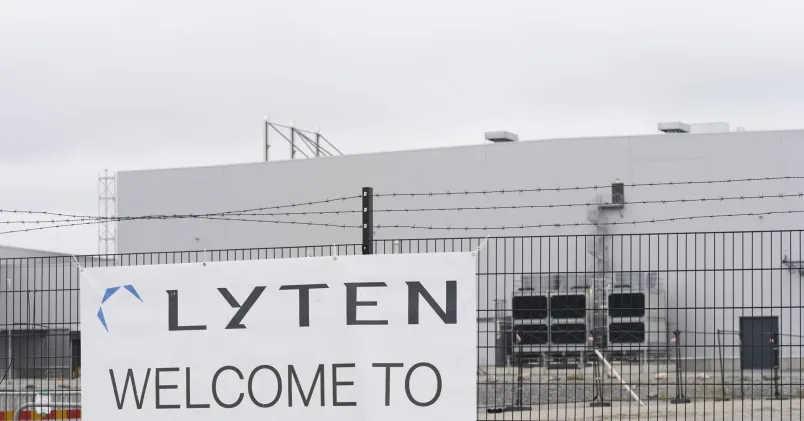
2012 började TRR, Trygghetsrådet, undersöka hur många av de uppsagda tjänstemän man försöker hjälpa som enligt egen uppgift lider av fysisk eller psykisk ohälsa.
Man fann då att andelen sjuka som blivit uppsagda var 4,5 procent. Två år senare, 2014, hade andelen stigit till 9,5 procent för att under 2016 ha stigit ytterligare, till 13 procent.
När det nu snart är dags för en ny skattning finns inget som tyder på att den här utvecklingen har vänt.
Claes Åberg betonar att ingen har sagt upp till följd av sjukdom, utan på grund av arbetsbrist.
– Men när vi har haft diskussioner med gamla personalchefer och chefer, exempelvis på de större svenska företagen, så säger de att förr tog man hand om de sjuka på ett helt annat sätt än i dag. Man ordnade någon form av speciallösning så att de sjuka fick plats exempelvis i vaktmästeriet, säger Claes Åberg.
– Nu för tiden ser man inte alls samma inställning hos företagen utan låter effektivitetsmåttet gå före. Arbetsgivarnas ansvar för arbetstagarna, som snarare handlar om etik och moral än legala saker, har alltså ändrats. Och det blir inte bättre av internationaliseringen av arbetsmarknaden, snarare tvärt om.
TRR har också sett hur typen av ohälsa snabbt har skiftat.
2012 led 50 procent av de sjuka arbetssökande av fysisk ohälsa, medan 25 procent var drabbade av psykisk ohälsa och resterande exempelvis av en kombination av båda.
2016 led i stället 32 procent av fysisk ohälsa och 50 procent av psykisk ohälsa, framför allt kvinnor.











